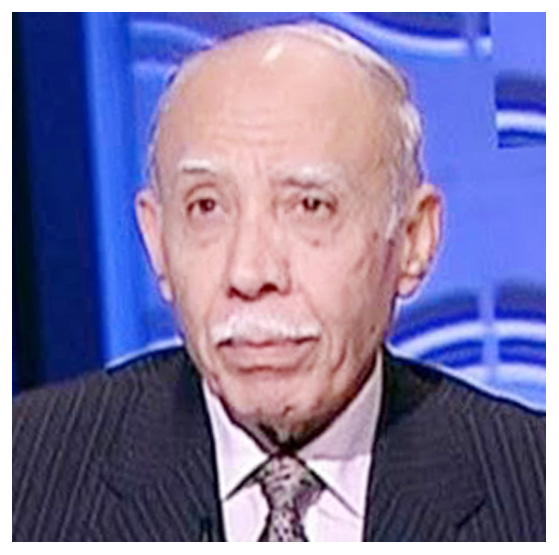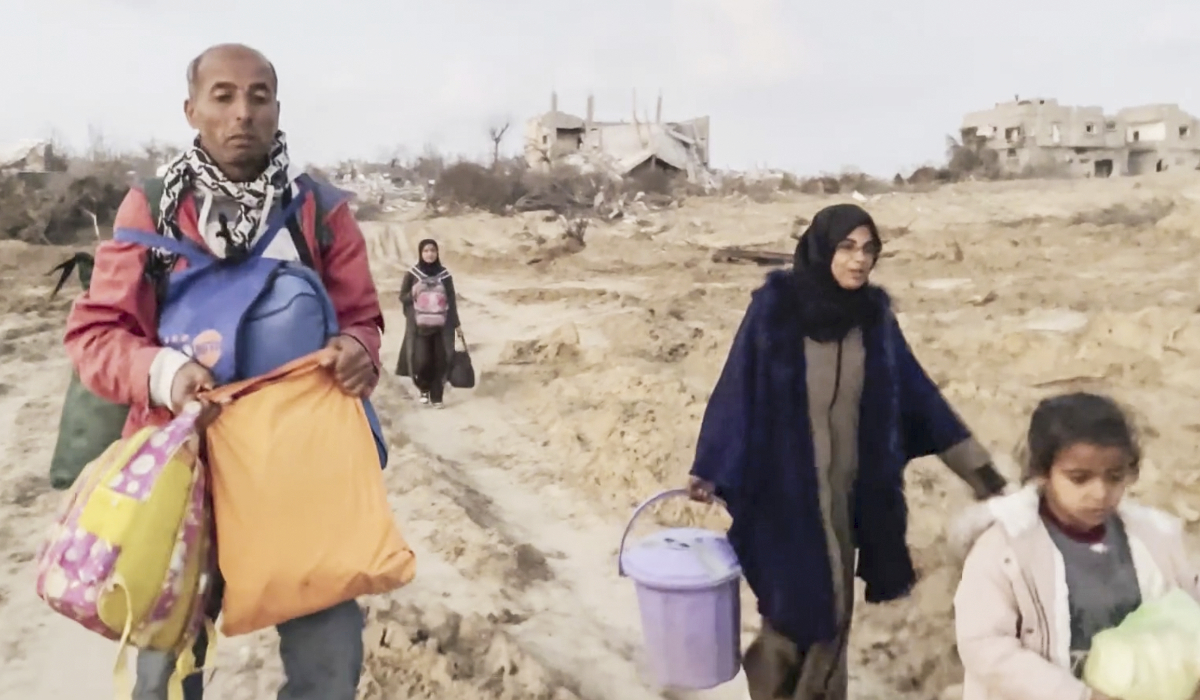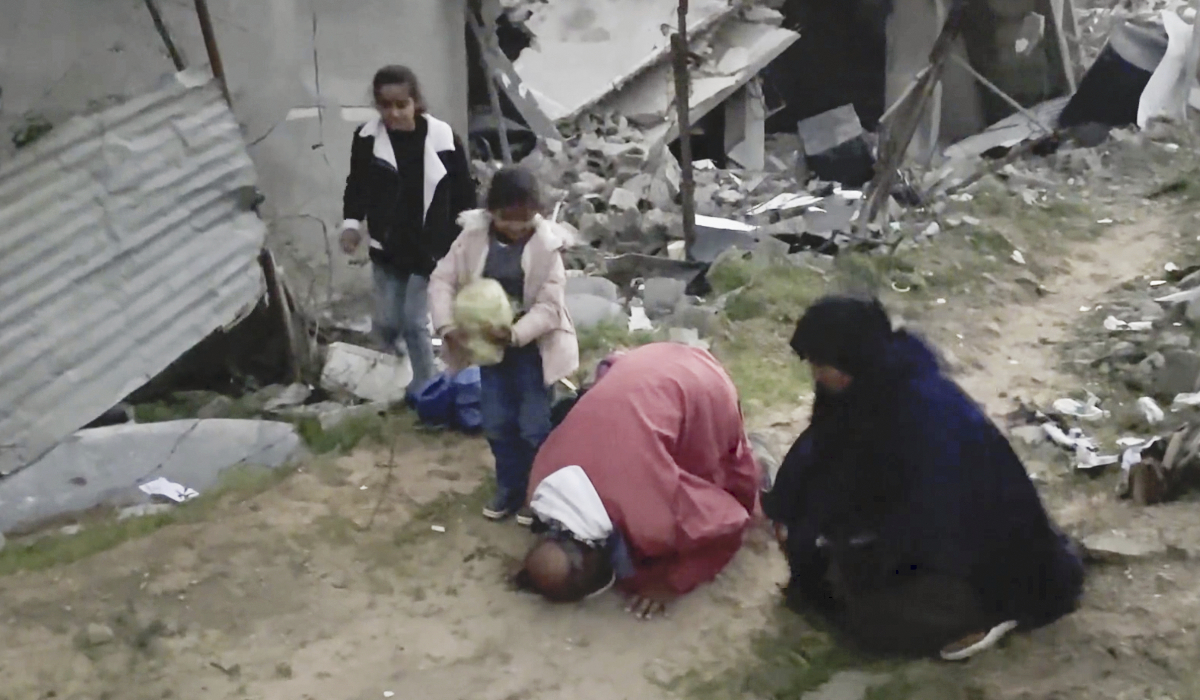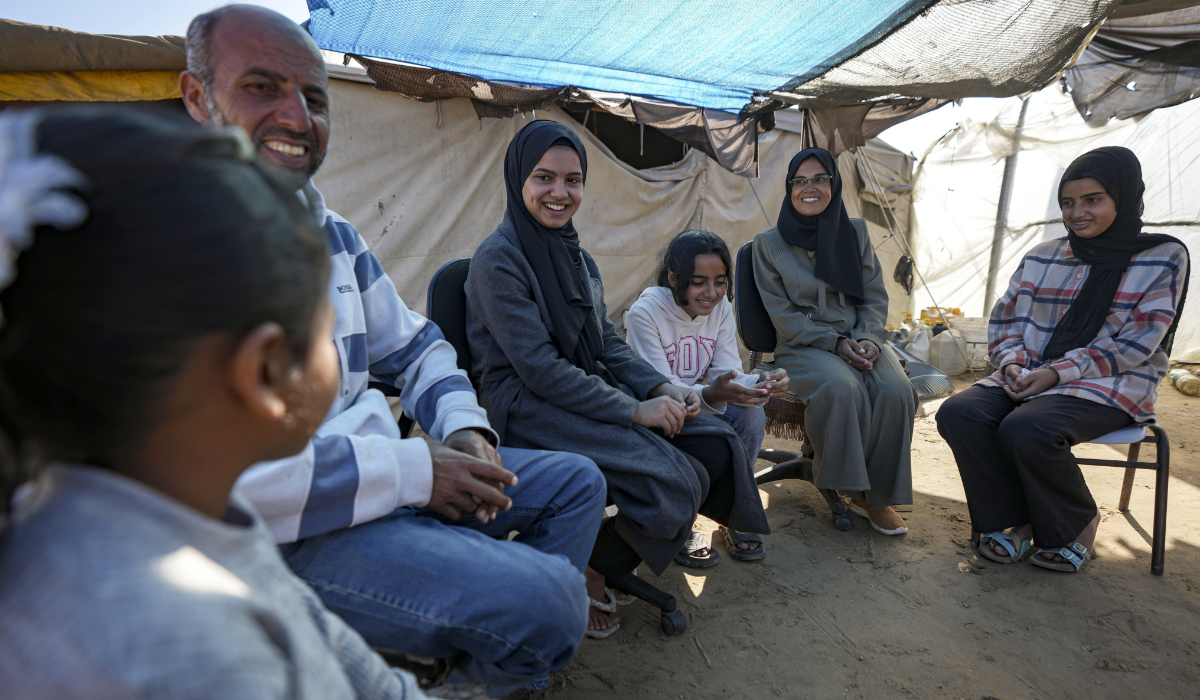CAIRO: Egypt will not be dragged into a Libyan war designed to break the Egyptian army, a leading Cairo-based military strategist told Arab News.
Maj. Gen. Nagy Shohood, a strategic expert and adviser at the Nasser Military Academy, accused Turkey of intervening in Libya to further its dreams of a restored Ottoman empire.
Ankara is seeking to establish its presence in Libya by creating naval and air bases, and is not working alone but also with the US and Russia, he added.
“Turkey has established a base in Somalia, then Qatar, and then moved to Libya. Erdogan is still dreaming of the Ottoman empire.”
Shohood said that the region “is to be divided in one way or another,” as Europe and the US approved plans announced by former US Secretary of State Condoleezza Rice in 2005.
“Turkey is a means of implementing this plan in both Syria and Iraq. Turkey is operating in the region where sabotage is taking place and Syria has been divided by ideology and tribalism through Turkey, which has not come to fight in Libya but to coordinate and agree with other parties,” he said.
Shohood said that Turkey is unlikely to take military action in Libya since it is difficult to fight hundreds of miles away from its own territory.
“They are achieving what they want with tenants who are working with Turkish expertise and capabilities. A semi-permanent Turkish presence in Libyan air and naval bases is required.”
Shohood said: “The Libyan people will destroy these rules that are being established, but it is up to them if they accept being slaves to the Ottoman empire once again.”
He said that Egypt will not be dragged into making a decision that is not in the interest of its people and the Egyptian armed forces.
“Egypt will not be dragged into a war in the south or west, except after studying the situation fully and making sure it is in the interests of Egyptian citizens,” he said.
Shohood said that “caution and anticipation” are needed in dealing with the situation in Libya.
The Egyptian military must strike first and not wait to react in order to avoid a clash in the region, he added.
“Some people are hoping for a military clash between Egypt and Turkey,” Shohood said. 
Turkey’s expansionary aims have taken an ominous turn, moving beyond cultural and economic projects and into the military arena, with an Ottoman troop presence resurfacing in the Arab world after almost a 100 years.
“It is up to the Libyan people if they accept being slaves to the Ottoman empire once again.”
Maj. Gen. Nagy Shohood
The recently opened Al-Rayyan military base in Qatar — the first military presence in the Gulf region since the end of the Ottoman presence — is a springboard for these ambitions.
On the other side of the Arabian Peninsula, Turkey opened a military base on the Somali coast, overlooking the strategic Gulf of Aden, in July 2016, at a cost of about $50 million.
The Gulf of Aden is the main gateway to the global oil trade. Construction of the base coincided with an escalation in hostilities between Turkey and Egypt. The Gulf of Aden and the Bab Al-Mandab Strait are the strategic entrance to Egypt’s Suez Canal, so Turkey’s presence could put pressure on Egypt in future.
In addition, the Turkish presence in the Horn of Africa represents the beginning of a possible wider expansion on the continent, which possesses promising markets and an abundance of investments.
Turkey’s military activity has reached the north of the Arab world, with the Bashiqa camp in the Kurdistan region of northern Iraq.
Construction of the first Turkish military base in Syria — on top of the Sheikh Barakat mountain near Aleppo — was completed last November.
Turkey’s entry into the Libyan dispute, with a military intervention and armed militias from Syria, confirms Ankara’s desire to restore the Ottoman empire.
The intervention started with the Turkish parliament’s decision on Jan. 2 authorizing a Turkish army deployment in Libyan territory.
Ankara began to interfere using intelligence elements until it applied full force alongside the Government of National Accord, headed by Fayez Al-Sarraj, in the face of the Libyan National Army led by Field Marshal Khalifa Haftar.
The Turkish intervention has upset the balance, as the Al-Wefaq government, with Turkish support, managed to drive the national army out of the city to Sirte.




























